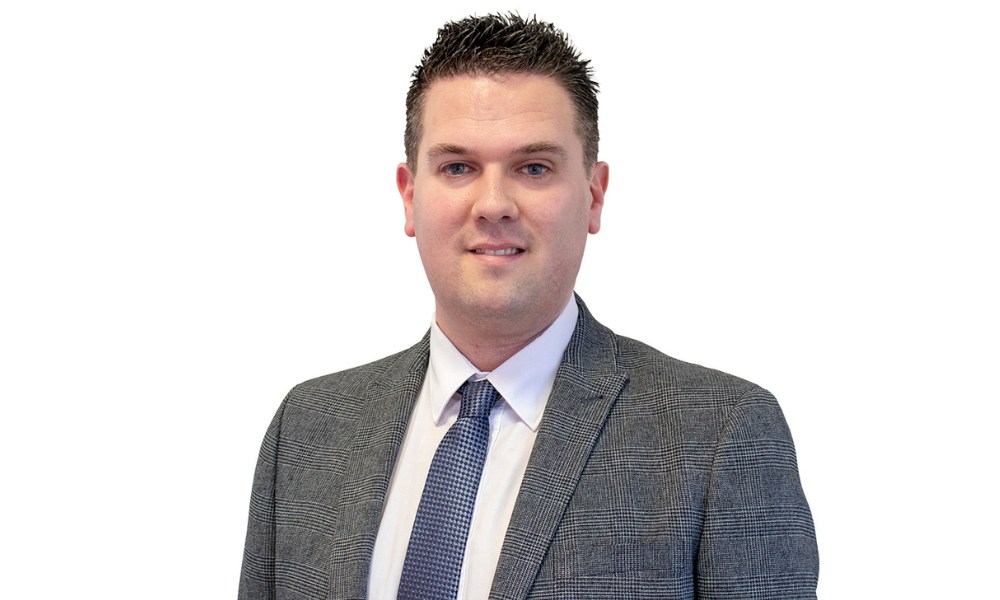New research sheds light

It may have seemed unlikely only six months ago, but the financial world is bracing itself for skyrocketing levels of debt brought on by the rise in fuel bills.
A report by the Resolution Foundation thinktank last week said the number of people living in absolute poverty in the UK could rise by three million, reaching 14 million in 2023-24, with household incomes set to fall by 10%.
RFI Global also revealed in a report that up to 23% of borrowers have said they will struggle to keep up with their mortgage payments in the next 12 months.
Such a gloomy scenario is enough to fill any lender with dread, and Ryan Brailsford (pictured), director of business development at Pepper Money, is under no illusion about the challenges that lie ahead for the mortgage industry.
“The cost-of-living crisis is probably going to bring more and more people into these situations,” he told Mortgage Introducer.
“Every lender is looking at things like gas and electric going up. So significantly, we need to be factoring that in, or it’s not realistic. Of course, product and interest rates are also rising across the market, and that has a knock-on effect, so more people will sadly fail affordability,” he said.
Pepper Money’s own report on debt recently showed that an estimated 6.29 million of the UK adult population (12%) have experienced adverse credit in the last three years. Of this group, 34% had a default as a result of multiple missed payments and 33% entered a Debt Management Plan (DMP).
Read more: Mortgage affordability plunges to lowest level in 2022
As an expert on adverse credit, Brailsford knows full well the struggles that borrowers regularly face, particularly as Pepper Money specializes in lending to self-employed people, whose financial history can often be more complex than that of an ordinary borrower.
But it needn’t always result in a negative outcome for these types of borrowers, most of whom appear to assume the worst about their own financial situation, Brailsford added.
“For example, 70% of the 4,000 people that we interviewed felt that their circumstances would mean they’d be declined for a mortgage. But when you actually looked, only 13% would have been. It’s a huge gap. Of those who define themselves as having adverse credit, 66% of it was missed payment, and that’s actually all unsecured credit.
“Roughly 1.3 million people looking to purchase a property have some form of adverse, and that’s the size of the opportunity for lenders like ourselves.”
Asked if that would result in more people who are already struggling financially needlessly getting into more debt (according to the Bank of England, credit card borrowing rose to its fastest annual rate for 17 years in April, and consumer borrowing doubled from £0.9 billion in May to £1.8 billion in June), he said: “People go into debt management plans for all sorts of different reasons, and it isn’t always because they’ve got a massive issue in the background. It can just be that they’re starting to struggle a little bit.
“The typical profile that we’re seeing more and more now, and certainly what’s coming out of the pandemic with the cost-of-living going up, is actually more minor.”
Read more: Time to reassess approach to vulnerable borrowers, says company founder
Brailsford said there was a need to adopt a common-sense approach to lending, adding that credit scores alone often fail to reveal the full picture.
He said: “We’re very proud that we have the ability to look more closely at people that are otherwise let down by their credit score.
“We’re not particularly taking more risk - we’re not here to lend to people who are noticeably in a mess now. What we are there to do is ring fence the reasons why the situation that they are in happened.
“People don’t just not pay their bills for the sake of it. They don’t pay the bill because they had a life event. The job of our underwriters is to work out what our case looks like and to ask all the right questions. As long as that is factored in, you’re still getting a sensible outcome as to whether they can or cannot ride that storm.”
Brailsford, who has almost 20 years’ experience in the industry, added: “Our sector is there to help these people, but I think that’s where the education is needed. They will ring a broker if they’re convinced that no-one will help them. That’s where we need to get a bit better. A lot of the time they could be helped by consolidating.”



